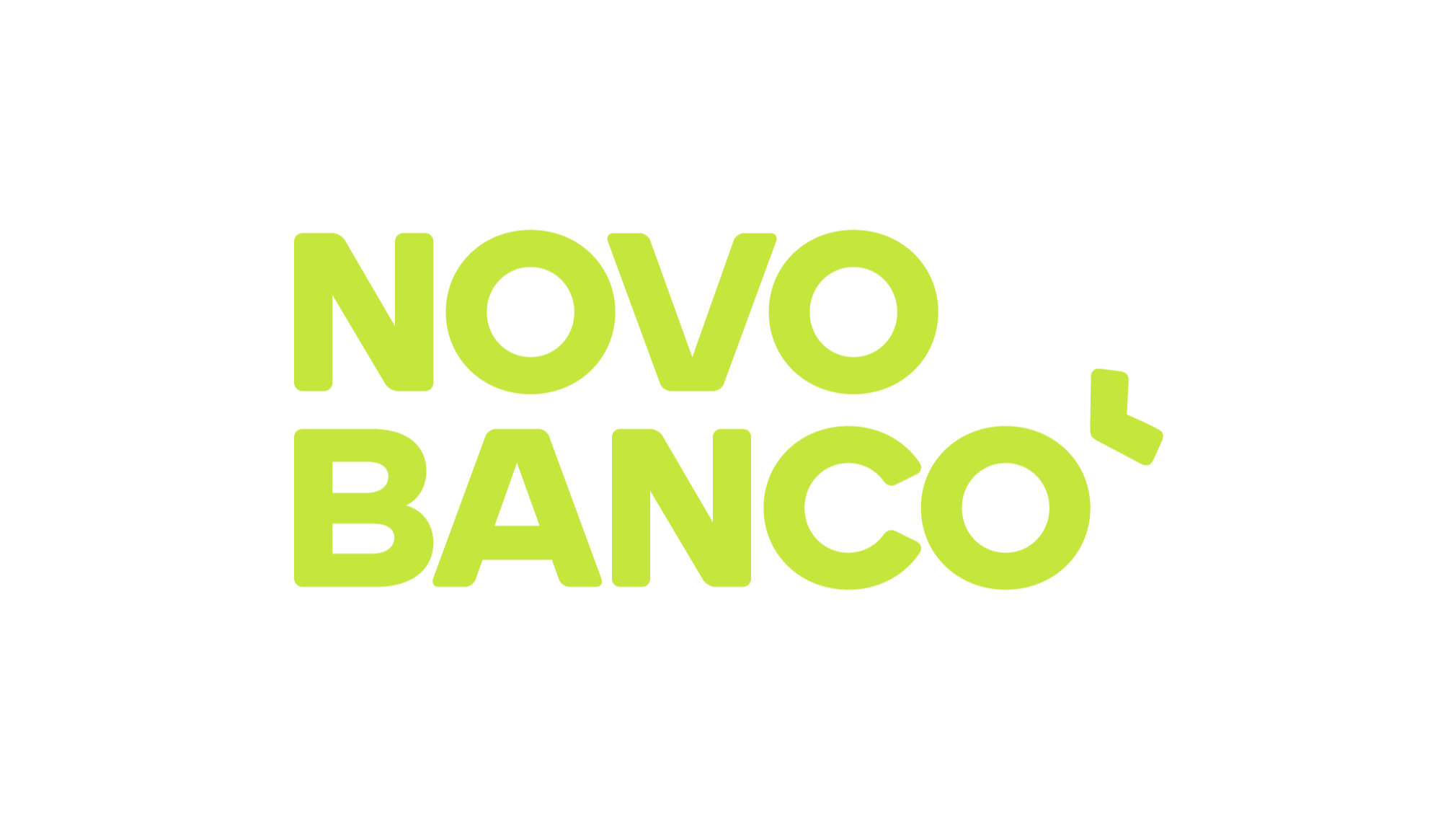French banking group BPCE has agreed to acquire Portugal's fourth-largest bank, Novo Banco, in a deal valuing the lender at €6.4 billion, marking one of Europe's largest cross-border banking acquisitions in over a decade.
The transaction will see BPCE purchase the 75 per cent stake held by US private equity firm Lone Star Funds, with the deal expected to complete during the first half of 2026. Portugal's government and the country's Banking Resolution Fund hold the remaining 25 per cent through various entities.
"Novobanco possesses excellent fundamentals, strong growth potential and an already high level of profitability," said Nicolas Namias, chief executive officer of BPCE. "With the acquisition of novobanco, BPCE would become a retail banking player in Europe and would actively participate in financing the Portuguese economy."
The acquisition represents a significant milestone for Novo Banco, which emerged from the collapse of Banco Espirito Santo in 2014. Lone Star acquired its stake in 2017 for €1 billion and has since overseen a comprehensive transformation of the bank.
"We are proud to have supported novobanco's transformation to become one of Europe's leading and most profitable financial institutions," said Donald Quintin, chief executive officer of Lone Star. "The bank has undergone a comprehensive transformation over the last eight years, becoming a trusted partner for Portuguese households and businesses across the country."
Under Lone Star's stewardship, Novo Banco has achieved remarkable financial performance, posting a return on tangible equity exceeding 20 per cent and maintaining a cost-income ratio under 35 per cent. The bank has significantly reduced its non-performing loans to minimal levels and invested heavily in digital transformation.
Novo Banco currently serves 1.7 million customers through approximately 290 branches and operates with 4,200 employees. The bank holds market shares of around 9 per cent with individual customers and 14 per cent with corporate clients, managing a €17 billion corporate loan portfolio alongside €10 billion in mortgage loans.
The deal comes as European banking consolidation gains momentum, with governments across the continent showing varying degrees of support for cross-border mergers. Portuguese Finance Minister Joaquim Miranda Sarmento previously expressed concerns about Spanish banks increasing their presence in Portugal, where they already represent about a third of the banking market.
BPCE, France's second-largest banking group, already employs over 3,000 staff in Portugal and operates through its Banque Populaire and Caisse d'Epargne networks. The acquisition aligns with the group's "Vision 2030" strategic plan announced last year, aimed at expanding its European presence.
The transaction is subject to necessary consultations with employee representative bodies and regulatory approvals. BPCE is also engaging with the Portuguese government and Banking Resolution Fund regarding the acquisition of their stakes on identical terms.
Latest News
-
Gemini to cut quarter of workforce and exit UK, EU and Australia as crypto slump forces retrenchment
-
Bank ABC’s mobile-only ila bank migrates to core banking platform
-
Visa launches platform to accelerate small business growth in US
-
NatWest to expand Accelerator programme to 50,000 members in 2026
-
BBVA joins European stablecoin coalition
-
eToro partners with Amundi to launch equity portfolio with exposure to ‘megatrends’
Creating value together: Strategic partnerships in the age of GCCs
As Global Capability Centres reshape the financial services landscape, one question stands out: how do leading banks balance in-house innovation with strategic partnerships to drive real transformation?
Data trust in the AI era: Building customer confidence through responsible banking
In the second episode of FStech’s three-part video podcast series sponsored by HCLTech, Sudip Lahiri, Executive Vice President & Head of Financial Services for Europe & UKI at HCLTech examines the critical relationship between data trust, transparency, and responsible AI implementation in financial services.
Banking's GenAI evolution: Beyond the hype, building the future
In the first episode of a three-part video podcast series sponsored by HCLTech, Sudip Lahiri, Executive Vice President & Head of Financial Services for Europe & UKI at HCLTech explores how financial institutions can navigate the transformative potential of Generative AI while building lasting foundations for innovation.
Beyond compliance: Building unshakeable operational resilience in financial services
In today's rapidly evolving financial landscape, operational resilience has become a critical focus for institutions worldwide. As regulatory requirements grow more complex and cyber threats, particularly ransomware, become increasingly sophisticated, financial services providers must adapt and strengthen their defences. The intersection of compliance, technology, and security presents both challenges and opportunities.
© 2019 Perspective Publishing Privacy & Cookies














Recent Stories